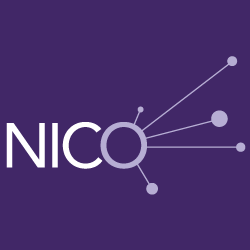Events
Fall 2024 Classes Begin (No Northwestern Monday in Fall)
University Academic Calendar
All Day
Details
Fall 2024 Classes Begin (No Northwestern Monday in Fall)
Time
Tuesday, September 24, 2024
Contact
Calendar
University Academic Calendar
WED@NICO Seminar Series returns October 2024
Northwestern Institute on Complex Systems (NICO)
12:00 PM
//
Lower Level, Chambers Hall
Details

The Wednesdays@NICO speaker series with return on Wednesday, October 2, 2024. Speakers will be announced in September.
We welcome speaker suggestions from the NICO community. Please use this form to nominate a speaker.
Location:
In person: Chambers Hall, 600 Foster Street, Lower Level
About the Speaker Series:
Wednesdays@NICO is a vibrant weekly seminar series focusing broadly on the topics of complex systems, data science and network science. It brings together attendees ranging from graduate students to senior faculty who span all of the schools across Northwestern, from applied math to sociology to biology and every discipline in-between. Please visit: https://bit.ly/WedatNICO for information on future speakers.
Time
Wednesday, October 2, 2024 at 12:00 PM - 1:00 PM
Location
Lower Level, Chambers Hall Map
Contact
Calendar
Northwestern Institute on Complex Systems (NICO)

